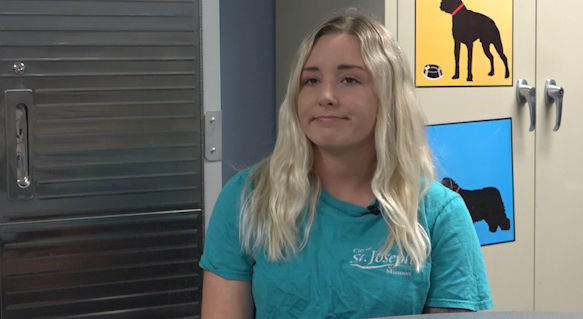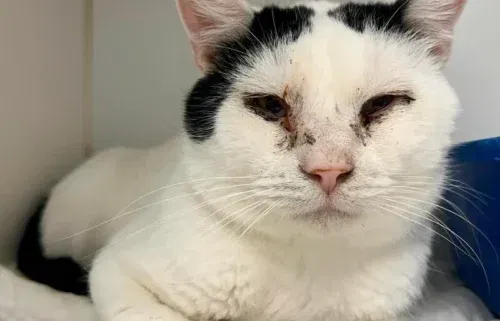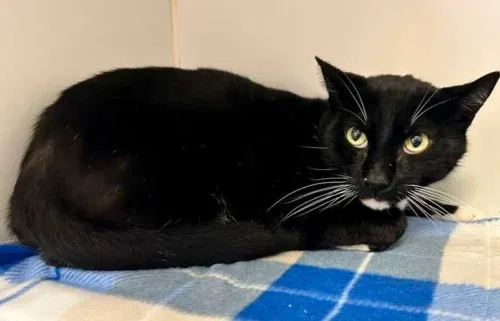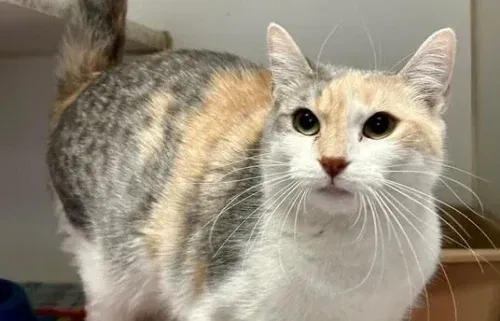Puppy parvo protection: What you need to know

By Jazmine Knight
Taking your puppy to the dog park to enjoy the spring weather may seem like a good idea, but if your pet isn’t fully vaccinated, you may want to think again.
Found on the ground primarily during the spring and summer is the highly contagious parvovirus. Parvo affects mostly puppies under 2 years old but older dogs can be affected as well.
The most common places for dogs to contract the virus are high-traffic areas such as dog parks, pet stores or just interacting with other canines. Common symptoms include fatigue, loss of appetite, bloody diarrhea and vomiting.
Aubrey Silvey, senior animal care specialist with the St. Joseph Animal Shelter, said the virus is “extremely deadly.”
“Your puppy might start to act really lethargic, lose appetite, maybe not even drinking water,” she said.
The virus is especially common in puppies who have not completed their vaccinations. In that case, Silvey encourages pet owners to “refrain from putting your puppy on the ground in those (high-traffic) places.”
Even though parvo has been in the headlines more over the last couple of years, it’s not a new thing. Silvey said she’s already started seeing cases this year.
“It’s been around forever. It is more prevalent in the spring and summer months and it does live in the ground,” she said. “When the ground warms up; the rain kind of makes it worse as well. So it just spreads like wildfire.”
If your dog does pick up parvo, catching it early can make a big difference.
“Time is really important because once the virus starts to attack the body, it gets bad really fast,” Silvey said.
If your dog starts exhibiting symptoms, head to the vet immediately.
“Most of the time they’re going to be hospitalized for at least four to five days,” Silvey said. “It involves a lot of fluids. They have to be hooked up to machines and be constantly monitored by the veterinarian. And then, you know, they’re not going to be 100% better afterward. They are still shedding the parvo for a couple of weeks.”
The best way to prevent parvovirus in your pup is by getting the animal fully vaccinated.
“A lot of times people get the initial vaccine but they don’t stick to the schedule of the vaccines and get every round done,” she said. “Most vets recommended at least four rounds and (that) they are on a schedule like every two weeks or every three weeks for them to be fully protected.”



